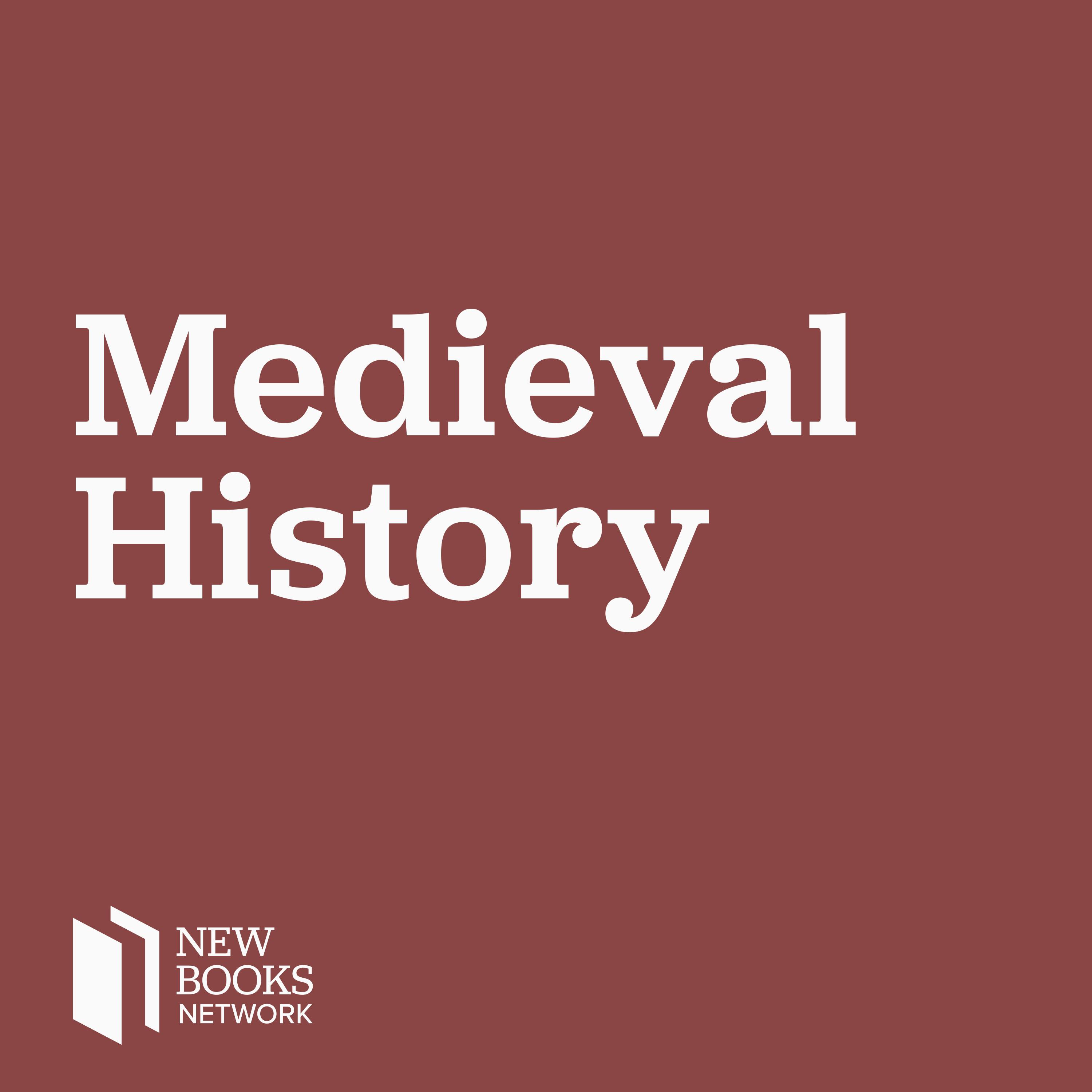Georgia Henley, "Reimagining the Past in the Borderlands of Medieval England and Wales" (Oxford UP, 2024)
Description
Challenging the standard view that England emerged as a dominant power and Wales faded into obscurity after Edward I's conquest in 1282, Reimagining the Past in the Borderlands of Medieval England and Wales (Oxford University Press, 2024) by Dr. Georgia Henley considers how Welsh (and British) history became an enduringly potent instrument of political power in the late Middle Ages.
Brought into the broader stream of political consciousness by major baronial families from the March (the borderlands between England and Wales), this inventive history generated a new brand of literature interested in succession, land rights, and the origins of imperial power, as imagined by Geoffrey of Monmouth. These marcher families leveraged their ancestral, political, and ideological ties to Wales in order to strengthen their political power, both regionally and nationally, through the patronage of historical and genealogical texts that reimagined the Welsh past on their terms. In doing so, they brought ideas of Welsh history to a wider audience than previously recognized and came to have a profound effect on late medieval thought about empire, monarchy, and succession.
This interview was conducted by Dr. Miranda Melcher whose new book focuses on post-conflict military integration, understanding treaty negotiation and implementation in civil war contexts, with qualitative analysis of the Angolan and Mozambican civil wars.
Learn more about your ad choices. Visit megaphone.fm/adchoices
More Episodes
Published 11/23/24
During the early medieval Islamicate period (800–1400 CE), discourses concerned with music and musicians were wide-ranging and contentious, and expressed in works on music theory and philosophy as well as literature and poetry. But in spite of attempts by influential scholars and political...
Published 11/12/24
Filippo Gianferrari, "Dante's Education: Latin Schoolbooks and Vernacular Poetics" (Oxford UP, 2024)
In fourteenth-century Italy, literacy became accessible to a significantly larger portion of the lay population (allegedly between 60 and 80 percent in Florence) and provided a crucial means for the vernacularization and secularization of learning, and for the democratization of...
Published 11/06/24


